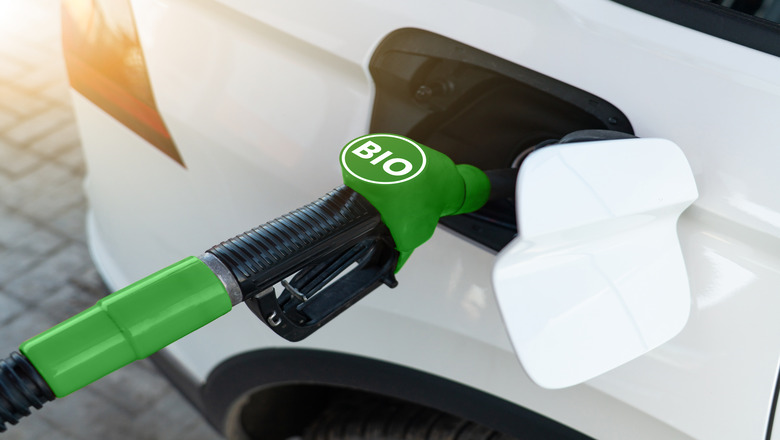I admit I’m not the most chemistry-literate - so correct me if I’m wrong here - but since “Road Haulage” already has battery-powered vehicles starting to roll out, it seems a better direction to work towards than still burning things. This might be useful as a mid-way step if existing vehicles can use it, but only if it appears on the market (and makes significant market penetration) relatively soon.
Aviation is also mentioned, which (to me) is a bigger deal here. The only viable alternative to burning jet fuel is to get from A to B much, much more slowly. Which is great and something we should be doing! But realistically…not gonna happen anytime soon.
Those that can directly replace petrol or diesel in conventional combustion engines have been touted as a sustainable alternative to fossil fuels, with fuels derived from food waste cutting greenhouse gases by up to 94%.
Someone explain to me how burning vegetable oil instead of diesel can have as low as 6% the amount of greenhouse gas emissions. I find it hard to believe breaking a hydrocarbon doesn’t release that much carbon dioxide.
They get to subtract out all the carbon captured by the growth of the source plants the biofuel was made from.
And probably all of the carbon emitted in the production of diesel, from extraction, to transporting, to refining. Vegetable oil - in guessing, I don’t know - is far less polluting.
I didn’t read TFA, but if this can use waste vegetable oil, even if with some processing, there’s even more savings as you can discount much of the production cost as a dual-use savings.
I’ll agree with GP, though, that 6% seems incredibly optimistic.





